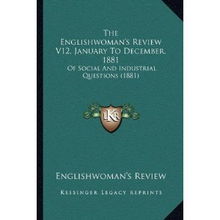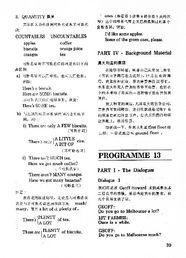一月到十二月的英文:From January to December:A Complete Guide to English Month Names
Understanding the English names of the twelve months is essential for effective communication in English-speaking contexts. This guide provides a detailed breakdown of each month's English name, pronunciation, cultural significance, and practical usage tips.
January (ˈdʒeɪnjuəri)
- Pronunciation:杰尼尤瑞
- Key Features: First month of the Gregorian calendar, named after Roman god Janus
- Cultural Notes: New Year celebrations begin here with traditions like making New Year's resolutions
February (ˈfɛbjuəri)
- Pronunciation:菲伯瑞
- Significance: 28-day month (29 in leap years), contains Valentine's Day (February 14)
- Interesting Fact: Groundhog Day falls on February 2nd
March (mɑːrθ)

- Pronunciation:玛斯
- ассоциации: Start of spring in the Northern Hemisphere, associated with St. Patrick's Day (March 17)
- Historical Note: Roman military campaigns often began in March
April (ˈæprəl)
- Pronunciation:埃普瑞尔
- Unique Feature: 30-day month with April Fools' Day (April 1)
- Meteorological Significance: Marked the end of spring in ancient Roman calendar
May (meɪ)
- Pronunciation:梅
- Cultural Events: May Day (May 1) labor celebrations, Mother's Day (second Sunday)
- Botanical Feature: May flowers symbolize new beginnings
June (dʒuː)

- Pronunciation:朱
- Notable Events: June weddings traditional in Western cultures
- Astronomical Significance: Solstice marking the start of summer
July (dʒuːl)
- Pronunciation:朱尔
- Historical Background: Named after Julius Caesar
- Celebrations: US Independence Day observed on July 4th
August (ˈɑːgʌst)
- Pronunciation:奥古斯特
- Calendar Oddity: 31-day month named after Augustus Caesar
- Agricultural Significance: Harvest season in many regions
September (ˌsɒmteɪnbər)

- Pronunciation:塞普提默
- Roman Origin: Derived from "septem" (seven) as it was the seventh month
- Modern Usage: Back-to-school month in many countries
October (ɒkˈtəʊbər)
- Pronunciation:奥克特伯
- Cultural Events: Halloween (October 31), World Series baseball championship
- Historical Context: Roman harvest festival called "Feralia"
November (nɒˈvembər)
- Pronunciation:诺文伯
- Military Significance: US Thanksgiving observed here
- Astronomical Event: First day of winter in Northern Hemisphere
December (dɪˈseɪmbər)
- Pronunciation:迪塞伯
- Key Festivals: Christmas (December 25), New Year's Eve preparation
- Business Term: End-of-year financial reporting period
Memory Tips:
- Group by seasons: Spring (Mar-May), Summer (Jun-Aug), Autumn (Sep-Nov), Winter (Dec)
- Use number associations: September (9) = Seven (septem) in Roman calendar
- Link to holidays: Valentine's (Feb), Easter (Mar-Apr), Thanksgiving (Nov), Christmas (Dec)
- Practice with mnemonics: "January February March April May June July August September October November December" (J FM AM JSJ AO OND)
Example Sentences:
- "I was born in May, so my birthday is during spring festivals."
- "The conference will take place in December, right after Christmas."
- "April is the month when April Fools' Day traditions begin."
This comprehensive guide not only helps with month name recognition but also connects language learning with cultural knowledge. Regular practice through calendar studies, holiday celebrations, and seasonal activities can solidify this important vocabulary.
文章已关闭评论!










